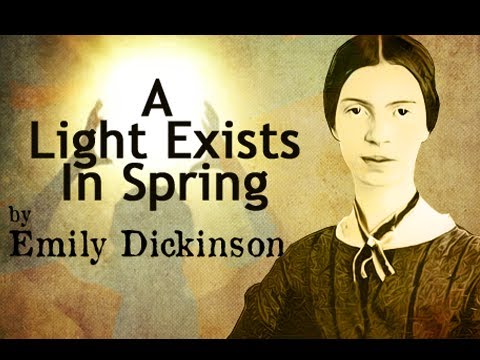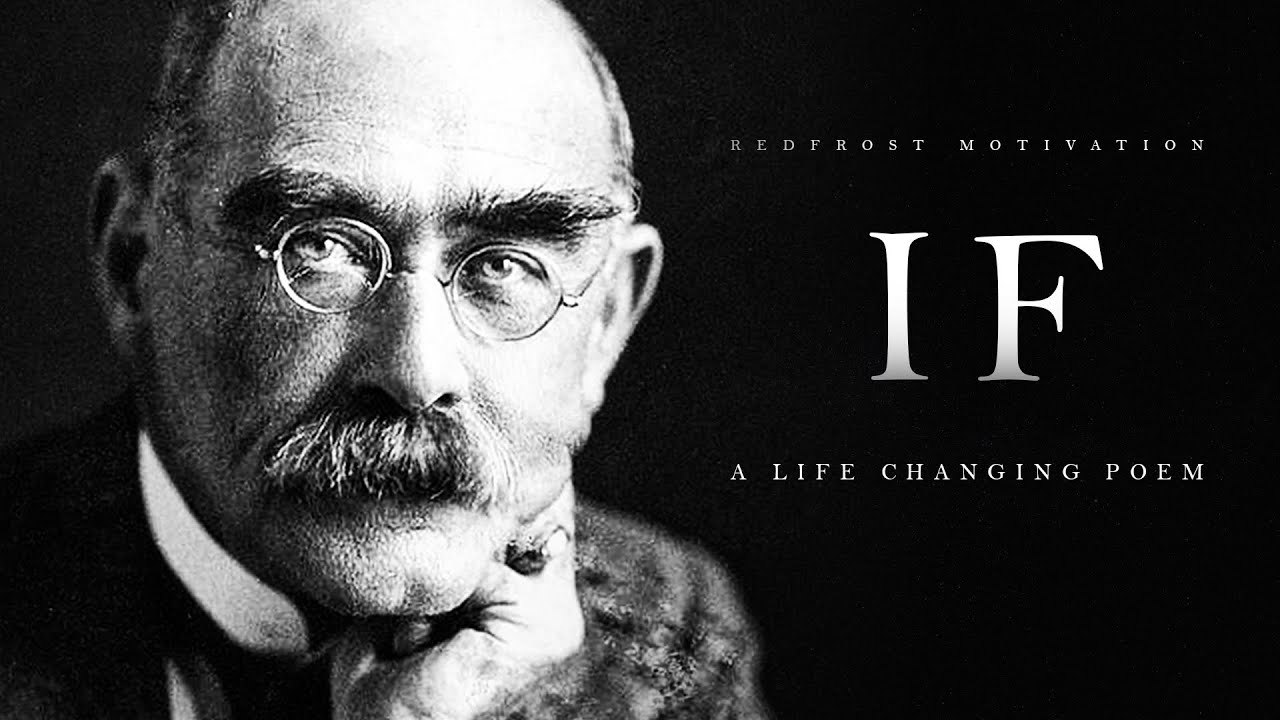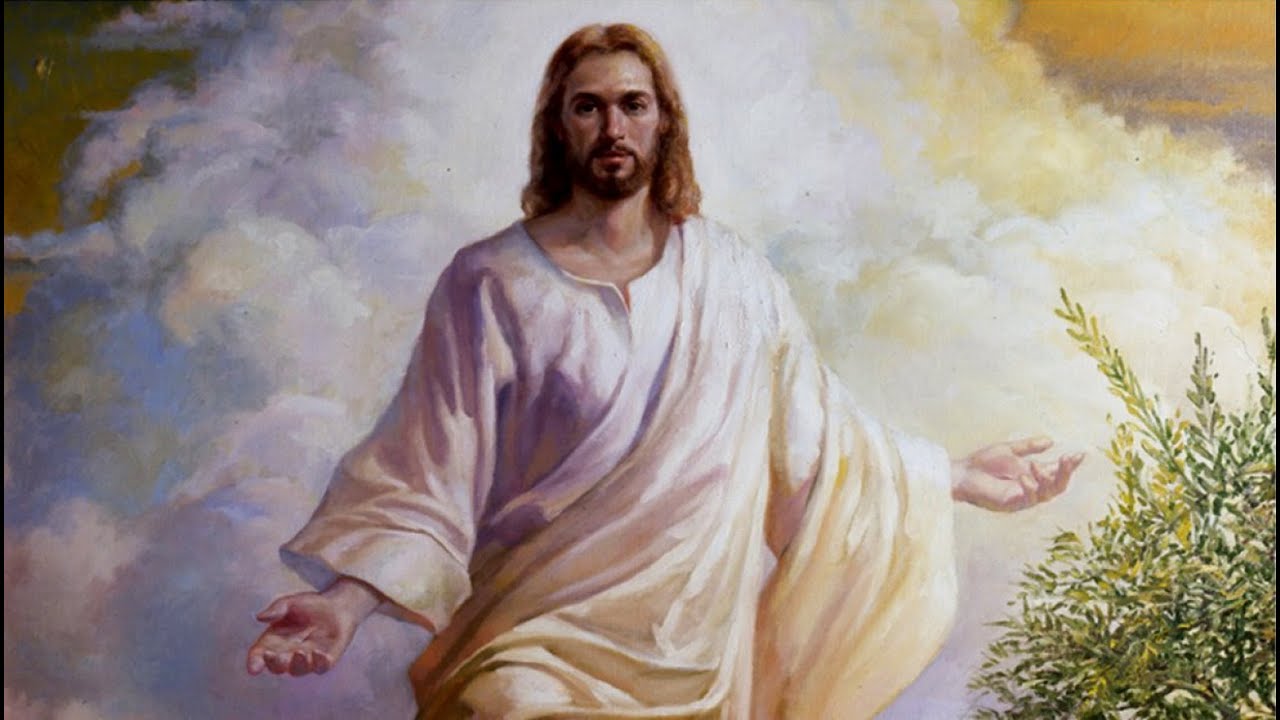When I Have Fears – John Keats
Read by James Smillie. John Keats was a revered English poet who devoted his short life to the perfection of poetry.
“When I Have Fears” is a sonnet poem written by English Romantic poet John Keats in 1818. The poem is an expression of the poet’s fears and anxieties about his own mortality and the possibility of dying before he has had a chance to fulfill his artistic ambitions.
The poem begins with the speaker expressing his fear that he will not have enough time to write everything he wants to before he dies. He is afraid that he will “never live to trace their shadows with the magic hand of chance,” meaning he fears he will not have the opportunity to explore all the different aspects of the world and the human experience in his writing.
The second quatrain expresses the speaker’s fear that he will never be able to fully express his thoughts and emotions in his writing, that he will “never have relish in the faery power of unreflecting love.” The third quatrain expresses the speaker’s fear of never having experienced a romantic relationship that he considers to be truly fulfilling and that will inspire him to create great works of art.
The poem concludes with the couplet, where the speaker recognizes that his fears are unfounded and that he will find comfort in his writing: “Then on the shore of the wide world I stand alone, and think till love and fame to nothingness do sink.”
“When I Have Fears” is a poignant and deeply personal poem that reflects the Romantic fascination with death, the power of the imagination, and the importance of individual experience.
What did you think? Please tell us in the comment section below and remember to sign up for our free newsletter.






